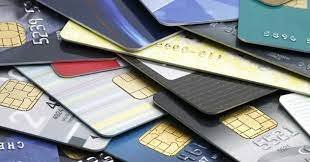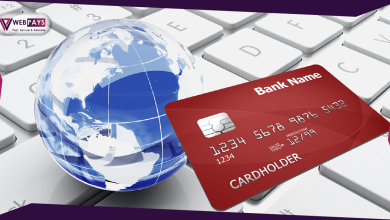Credit Card vs. Charge Card vs. Debit Card: What’s The Difference?

When it comes to managing our finances, we have a wide range of payment options available to us. While they may seem similar at first glance, there are distinct credit card and debit card differences. In this article, we’ll explore these differences and help you understand which one might be the best fit for your needs.
Credit Cards
Credit cards are probably the most well-known payment option. They allow you to borrow money from a lender, up to a certain credit limit, and pay it back over time. Unlike charge cards, you have the option to carry a balance from month to month, and you’ll be charged interest on any unpaid balance.
One of the benefits of using a credit card is the opportunity to earn rewards, such as cash back or travel points, on your purchases. Many credit cards also offer perks like extended warranties on purchases, purchase protection, and travel insurance. Additionally, credit cards can be a useful tool for building your credit score if you use them responsibly.
For those looking to transfer balances from high-interest credit cards, there are credit cards specifically designed for balance transfers. These cards typically offer a low or 0% interest rate for a limited time, allowing you to pay down your debt without accruing additional interest charges. In fact, credit cards for balance transfers is a common keyword used in the credit card industry.
Charge Cards
Charge cards are similar to credit cards in that they allow you to make purchases without using cash. However, they differ in a few key ways. First and foremost, charge cards require you to pay your balance in full each month. Unlike credit cards, you cannot carry a balance from one month to the next.
Because you’re required to pay off your balance every month, charge cards typically do not have a pre-set spending limit. Instead, the issuer will monitor your spending patterns and adjust your limit accordingly. Charge cards may also come with higher annual fees than credit cards, so it’s important to consider whether the benefits of the card outweigh the cost.
Debit Cards
Debit cards are linked to your checking account and allow you to make purchases using the funds you have available. They do not allow you to borrow money or carry a balance. Debit cards are often used for everyday purchases, like groceries or gas, and are a good option for those who want to avoid accumulating credit card debt.
One advantage of using a debit card is that you cannot spend more money than you have available in your account, which can help you avoid overspending. Additionally, many debit cards offer fraud protection, so you can feel confident using them for online purchases.
Also Read: Why Prefer A Credit Card Over A Debit Card To Pay Grocery And Utility Bills?
Which One is Right for You?
So, which payment option is right for you? The answer depends on your individual financial situation and goals. If you’re looking to build credit or earn rewards, a credit card may be the best option for you. If you’re someone who likes to pay your balance in full each month and avoid debt, a charge card could be a good fit. And if you prefer to only spend money you have available, a debit card might be the way to go.
If you’re considering a credit card for balance transfers, it’s important to do your research and compare the different options available. Look for cards with low or 0% interest rates and pay attention to any balance transfer fees that may apply.
In conclusion, credit cards, charge cards, and debit cards all have their pros and cons. By understanding the differences between them, you can choose the payment option that’s best for you and your financial goals.




